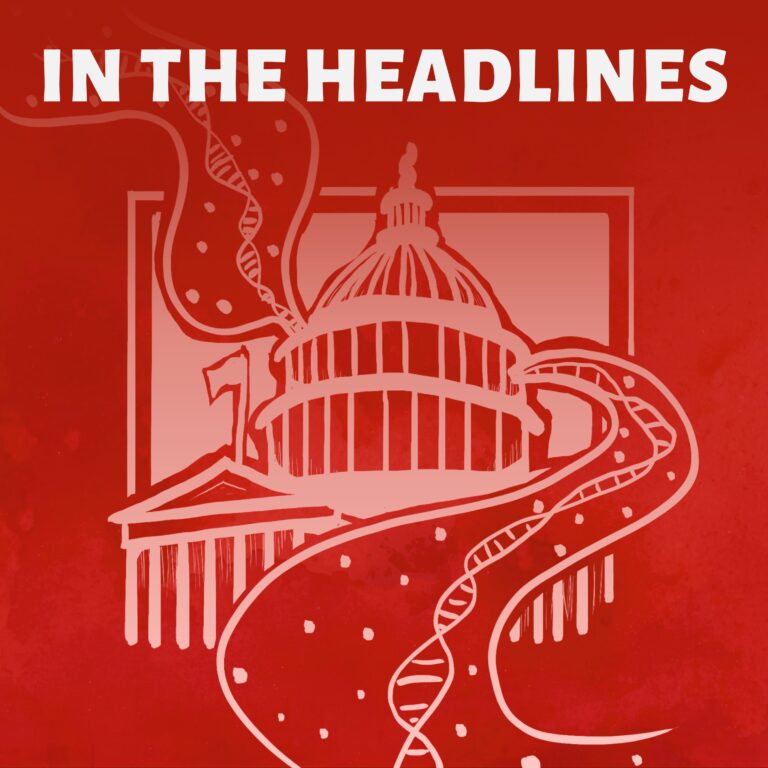MILTON BROWN was named director of the new Inova Center for Drug Discovery and Development and as deputy director for drug discovery for the Inova Schar Cancer Institute.
Brown is one of a handful of physician scientists in the United States who hold a Ph.D. in synthetic chemistry and an M.D.
He will bring his team of more than 20 scientists including research instructors, post-docs, technicians, graduate students, and research assistant professors to Inova. The disciplines covered by these individuals include synthetic chemistry, medicinal chemistry, pharmacology, cancer biology, ADME toxicity specialization, animal pathology, and spectroscopy.
“Having Milt and his team at the Inova Schar Cancer Institute will further differentiate cancer care at Inova,” said Skip Trump, executive director and CEO, ISCI. “Cancer is not one disease and we are discovering, through genomics, proteomics and other sophisticated approaches, new and important targets in cancer cells that drive the growth and spread of cancer. Dr. Brown’s life’s work is about finding and developing new drugs to block those drivers – the right drug for the right patient at the right time. It’s about saving lives and improving the quality of life of our patients.”
Brown was on the faculty at the University of Virginia from 2000 through 2006, when he accepted the position as the founding Director of the Drug Discovery Program at the Georgetown Medical Center. He was appointed as the Edwin H. Richard and Elisabeth Richard von Matsch Endowed Chair in Experimental Therapeutics, tenured associate professor in the Department of Oncology, and associate director for the experimental therapeutics program at the Lombardi Comprehensive Cancer Center.
Brown serves as a scientific counselor on the National Toxicology Program Board.











